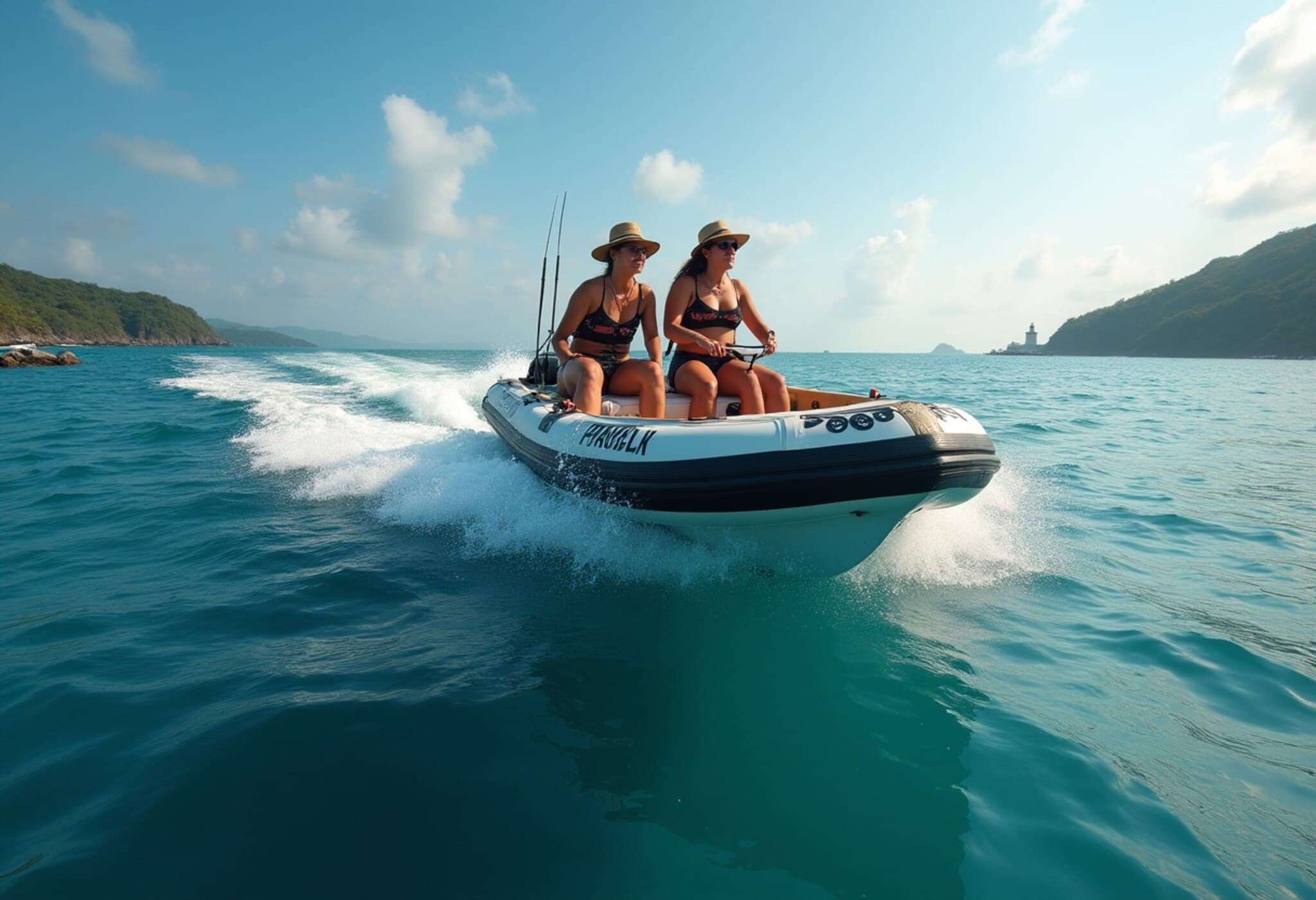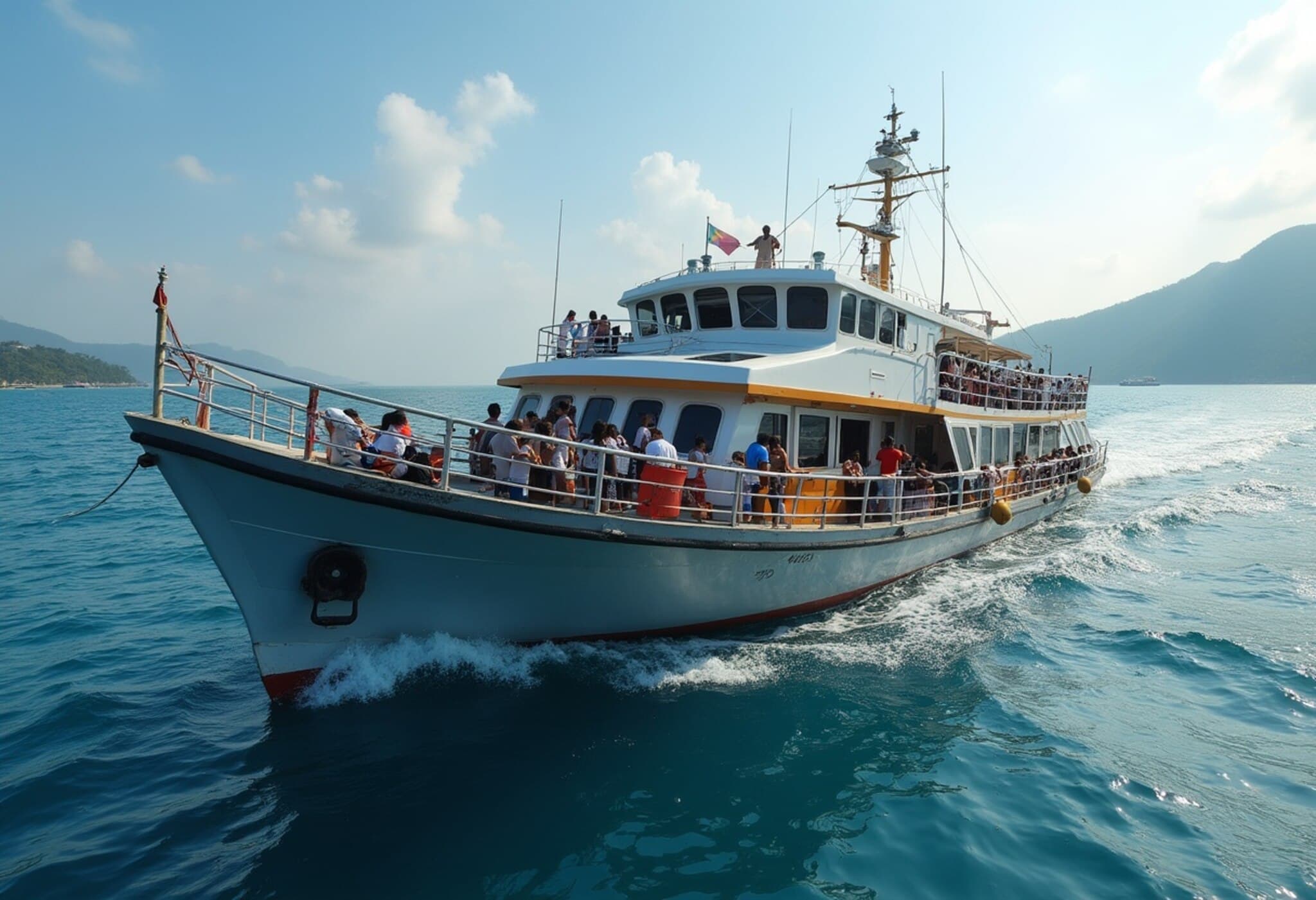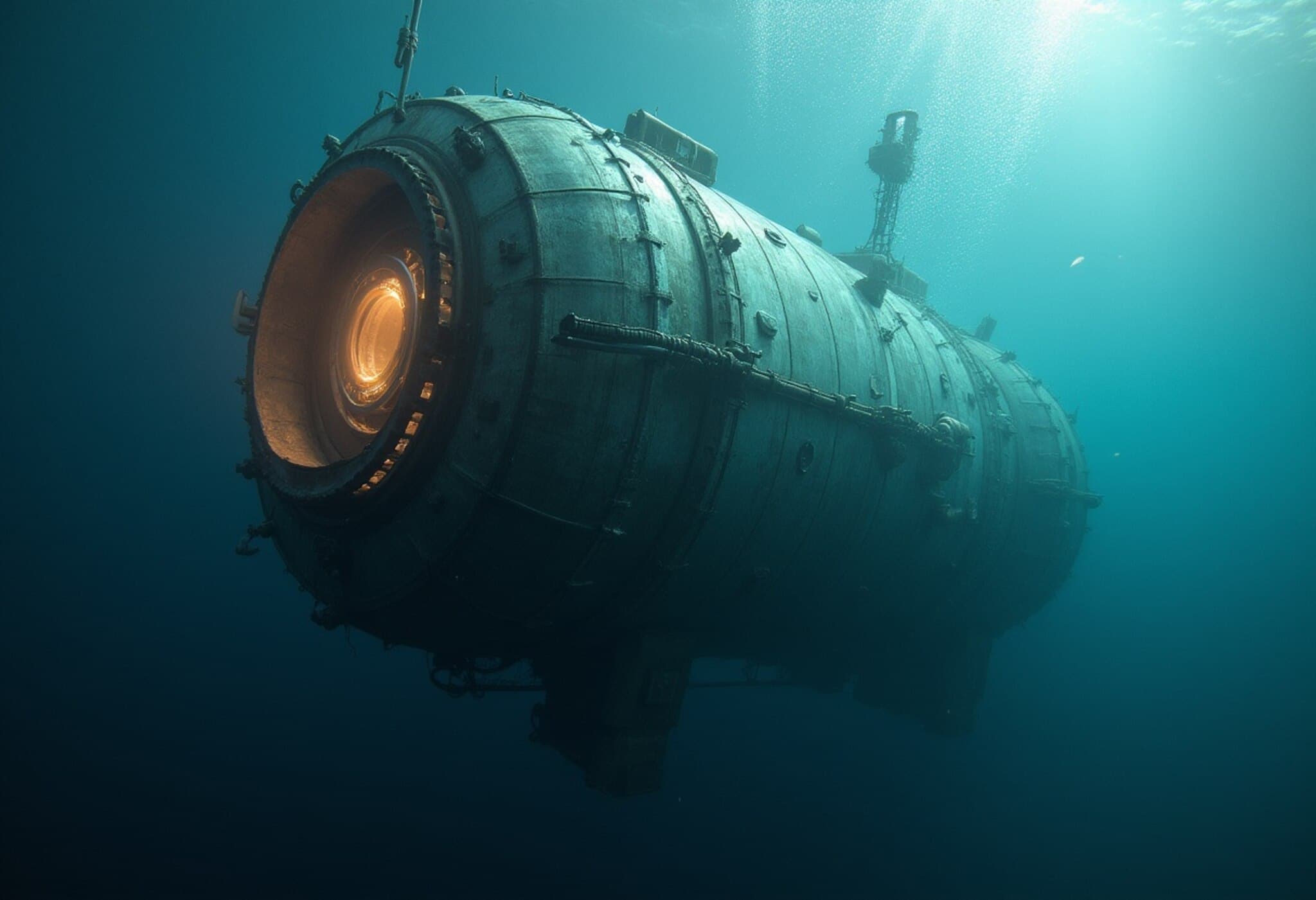Fatal Speedboat Crash Near Bali Shocks Tourists and Locals Alike
In a devastating incident early this August, a speedboat carrying at least five Australian tourists capsized off the coast of Bali, resulting in the tragic deaths of two individuals. The accident has not only raised concerns about maritime safety standards in popular tourist destinations but has also stirred conversations about emergency response protocols in Indonesia’s busy waters.
Details of the Incident
According to reports from local authorities and eyewitnesses, the speedboat overturned amid rough sea conditions near one of Bali’s well-known coastal tourist spots. While rescue teams quickly arrived at the scene, two passengers succumbed to the accident, with others reportedly rescued and receiving medical attention. The identities of the victims have not yet been officially released, pending notification of next of kin.
Contextualizing the Risk: Tourism and Safety Challenges in Bali
Bali receives millions of visitors annually, many of whom partake in water-based activities like snorkeling, diving, and speedboat tours. Unfortunately, incidents like this underscore persistent challenges in regulating and enforcing maritime safety measures among private operators. Experts note that overcrowded boats, insufficient safety gear, and unpredictable weather contribute significantly to such tragedies.
Dr. Amanda Chen, a maritime safety analyst, comments, "While Bali offers breathtaking experiences, the infrastructure for tourist marine activities must be rigorously monitored. Incidents involving foreign tourists not only cause loss of life but also impact Indonesia's reputation as a safe travel destination. Multilateral efforts involving government agencies, tour operators, and international stakeholders are essential to improving safety protocols."
Legal and Economic Implications for Indonesian Tourism
This incident raises critical questions about the responsibilities of tour operators and enforcement of international maritime safety regulations within Indonesian waters. For travelers, the tragedy serves as a stark reminder to verify operator credentials and safety measures when booking such excursions.
Economically, repeated accidents could deter tourism, potentially impacting Bali’s local communities that heavily rely on visitor spending. The Indonesian government faces the challenge of balancing a booming tourism sector with stringent safety oversight to maintain trust and visitor confidence.
Underreported Aspects and Future Outlook
While headlines focus on immediate outcomes, less coverage is given to the systemic issues contributing to maritime accidents in popular tourist hubs like Bali. Questions remain about:
- Regulatory enforcement gaps among private boat operators
- Training and certification standards for maritime crew
- Emergency preparedness and response capabilities on and near tourist vessels
- Insurance and compensation mechanisms for victims and families
Addressing these factors is crucial to preventing future tragedies and fostering a sustainable tourism environment.
What Travelers Can Do
For those visiting Bali or similar destinations:
- Always choose licensed and well-reviewed tour operators.
- Ensure that life jackets and safety equipment are provided and worn.
- Stay informed about weather conditions and heed local warnings.
- Report any safety concerns to local authorities or embassies promptly.
Editor's Note
The recent Bali speedboat tragedy is a sobering reminder of the inherent risks in adventurous tourism when safety systems falter. Beyond mourning the lost lives, this incident challenges all stakeholders—from governments to tourists—to demand higher safety standards and accountability. How can Indonesia and other popular destinations better safeguard visitors while preserving the spirit of exploration? The answer lies in proactive governance, community engagement, and informed traveler choices. Our thoughts go out to the victims and their families during this difficult time.












